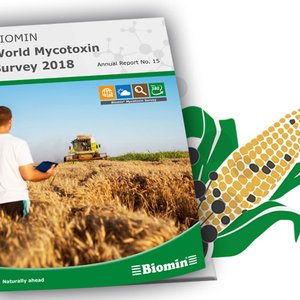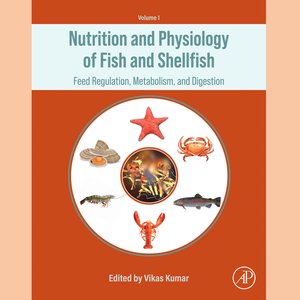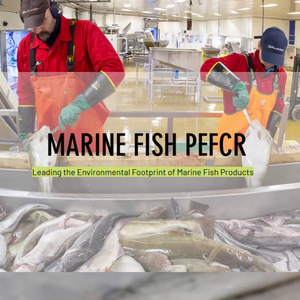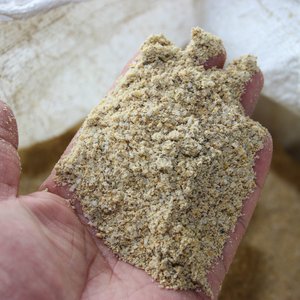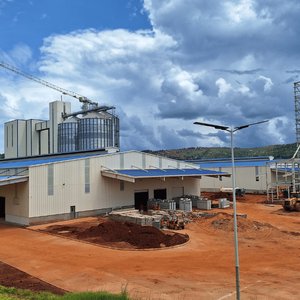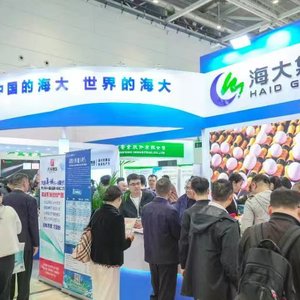The European Commission published “Market developments and policy evaluation aspects of the plant protein sector in the EU” that suggests that new opportunities have arisen for the European plant protein market.
Though global demand is growing, the EU currently produces a relatively small volume of the plant proteins destined for use in animal feed. This is primarily because of the comparative competitiveness of soy beans in the market place, especially for feed, and the lack of good climatic conditions for the growth of soy within the EU. However, changing patterns of consumer demand, with an increased focus on GM-free feeds, could open up new options for European farmers in the coming years.
The study considered the impact of EU policies under the Common Agricultural Policy, namely greening and voluntary coupled support, on the market for plant proteins. It concluded that though any measure had a negative impact on their production, the positive impacts of the policies on the production of plant proteins was unlikely to be very significant when compared to the impact of global market forces.
Though the study could not make specific policy recommendation, it suggested that EU efforts to promote the production of European plant proteins should instead focus their efforts on innovation and the provision of the infrastructure needed for storage, segregation, sorting and de-hulling of plant proteins without relying on fossil fuels. These investments could be combined with better market data and information exchange to help researchers and farmers to better develop and market plant protein products.
Read full study here.


